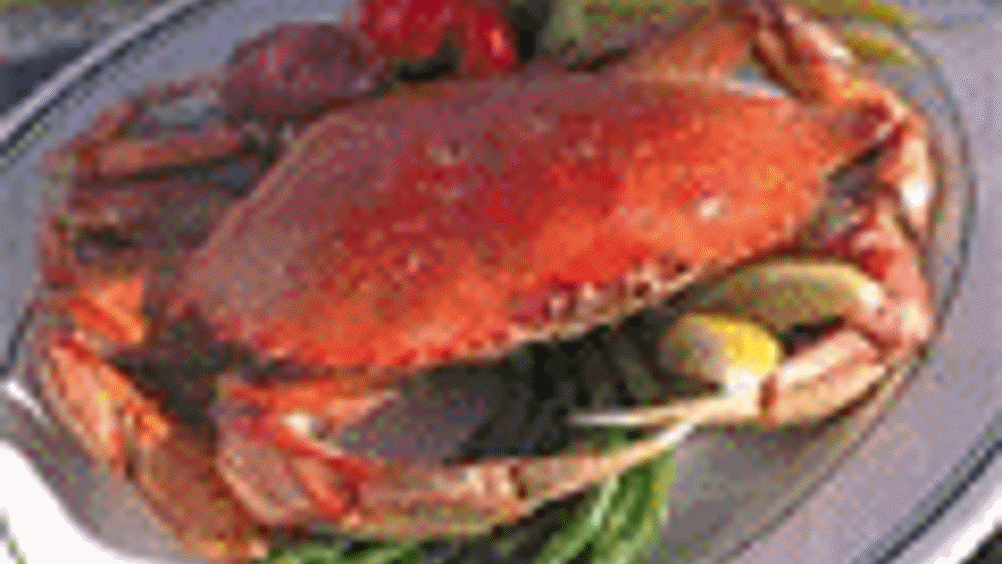Shelling out radiation
A substance found in crab shells could be used to help remove radioactive materials from the human body in the event of a disaster such as the detonation of a dirty bomb.

A substance found in crab shells could be used to help remove radioactive materials from the human body in the event of a disaster such as the detonation of a dirty bomb.
Pacific Northwest National Laboratory scientist Tatiana Levitskaia is investigating a unique approach based on a readily available biomaterial that might be used to reduce an individual’s radiation dose.
Chitosan is a natural and safe material found to be an effective chelator, defined as a chemical that removes metal ions from solution, for a wide range of nuclides. Chitosan is obtained from chitin and found in the exoskeletons of many invertebrates such as crabs and prawns. It is one of the most abundant, readily available and renewable natural biopolymers, second only to cellulose.
Register now to continue reading
Thanks for visiting The Engineer. You’ve now reached your monthly limit of news stories. Register for free to unlock unlimited access to all of our news coverage, as well as premium content including opinion, in-depth features and special reports.
Benefits of registering
-
In-depth insights and coverage of key emerging trends
-
Unrestricted access to special reports throughout the year
-
Daily technology news delivered straight to your inbox










UK Enters ‘Golden Age of Nuclear’
The delay (nearly 8 years) in getting approval for the Rolls-Royce SMR is most worrying. Signifies a torpid and expensive system that is quite onerous...